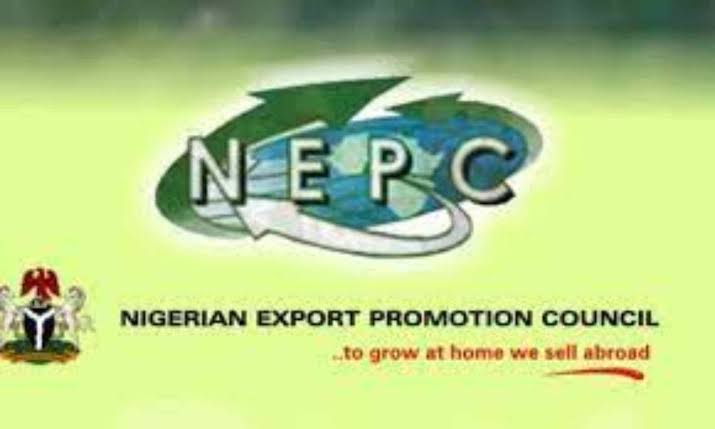The Nigerian Export Promotion Council (NEPC) said the recently launched Developing Countries Trade Scheme (DCTS) by the United Kingdom (UK) would support sustainable economic growth for Nigeria’s non-oil export.
The Executive Director/CEO of NEPC, Dr Ezra Yakusak, said this at a workshop on the DCTS in Lagos organised by the UK-Africa Trade and Investment Service.
In a statement issued on Thursday in Abuja by Mr Ndubueze Okeke, Head, Corporate Communications, NEPC, Yakusak said that it would boost trade with Least Developing Countries (LDCs) through reduced tariffs as well as simplified Rules of Origin for LDCs.
He said that the essence of NEPC’s participation was to sensitise the exporting community to take advantage of the new scheme.
The NEPC boss said it would also provide veritable information that would proffer solutions to technical and operational challenges faced by Nigerian exporters.
According to him, with the launch of the new scheme, Nigeria could potentially grow its exports to the UK from 0.3 per cent to 5 per cent share of the market by 2030 with a value of 14 billion Pounds.
“The opportunity for Nigeria to increase its non-oil exports to the UK in sectors where supply currently exceeds the demand are cocoa, fertilizers, sesame, ginger and cashew nuts.
“Others are natural rubber, cotton, frozen prawn, plantain and tomatoes,” he added.
Yakusak, however, lamented that several challenges continued to inhibit the country from realising its potentials.
He listed market access, access to affordable finance, cost and pricing and poor regulatory regime/bureaucratic process.
“Others are infrastructure deficits such as bad road networks, power outages and dilapidated port facilities, leading to port congestions,’’ Yakusak said.
He further said that under the new scheme, DCTS would replace the UK’s current Generalized System of Preference (GSP) while Nigeria would be benefiting from 9500 tariff lines instead of the previous eight.
“Besides, Nigeria no longer has to ratify the 36 conventions with the UK before trading.
“This is significantly more generous than both the EU’s GSP scheme and the US’ AGOA scheme and based on current trade volumes, would mean that 99 per cent of goods exports to the UK are duty-free,’’ Yakusak said.
He further said that key aspects of the DCTS were cutting tariffs for Nigeria so that 3000 new products were duty free for the first time.
“The average existing tariff on these goods is 7 per cent, meaning these changes make Nigerian exports more competitive in the UK,’’ he said.
shippingposition
Kindly like us on Facebook/twitter















